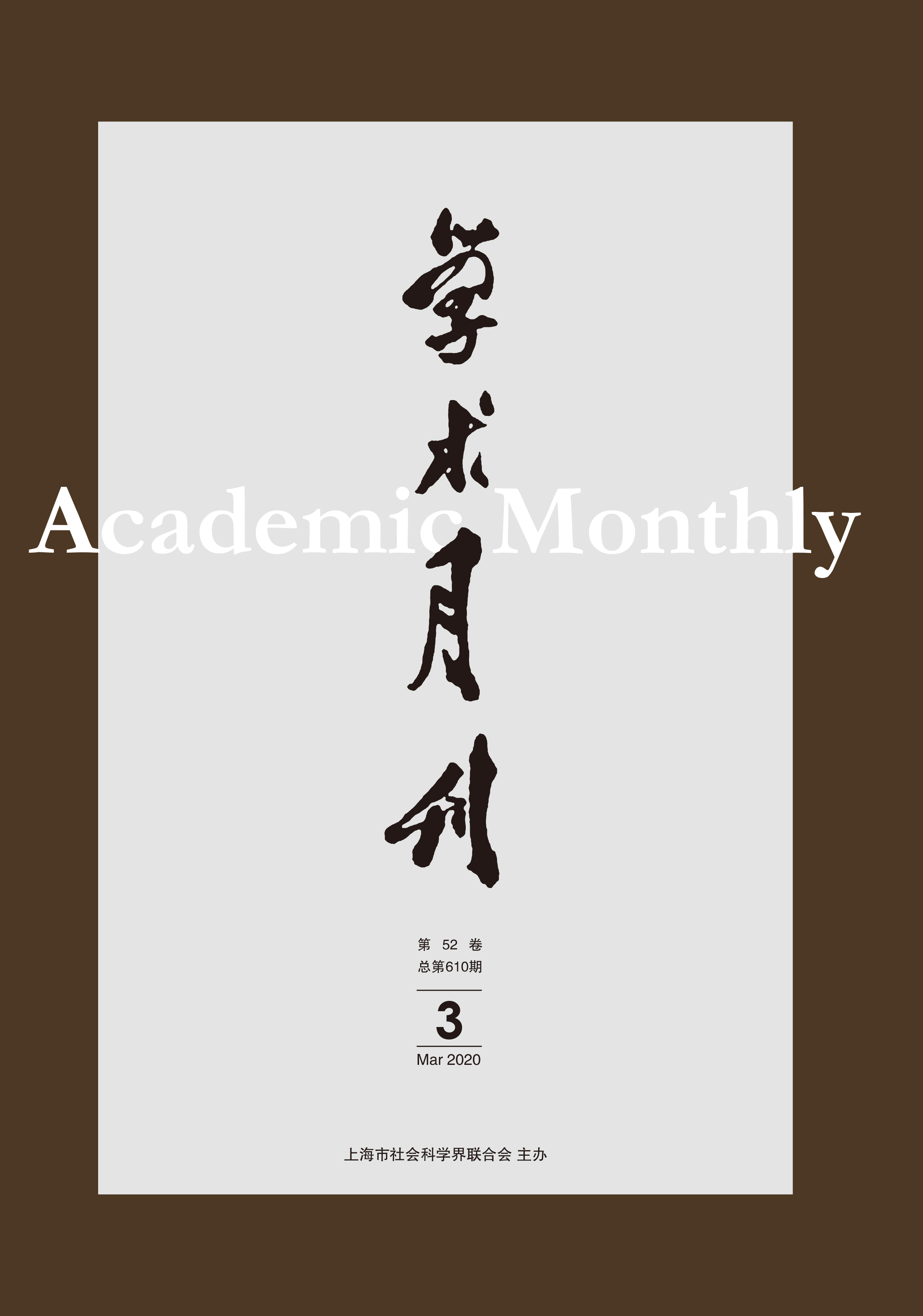Citation:
Xiaoyi ZHANG and Huaiyu LIU. Metro-Marxism as a Paradigm of Urban Research[J]. Academic Monthly, 2020, 52(3): 34-42, 33.

Metro-Marxism as a Paradigm of Urban Research
-
Abstract
Non-Marxists cannot develop an urban theory of totality because they cannot understand the city from the viewpoint of praxis and dialectic. Although Marx and Engels provided clues to analyze urban problems and urban forms with historical materialism, they also caused a debate on the study of “society in cities” or of “urban society”. With the deepening of the process of human urbanization, the demands of both theory and practice make it necessary to clarify “Metro-Marxism” as a paradigm of urban research. The social reality explored by Marxism is the concrete totality of human production of their own way of life, and the city is a certain way of human production of their own life, so the study of the city must place it in the social totality constituted by human production activities. Nowadays, the city has become the conscious way for human beings to produce their own life and the leading component of social and historical development. As the Marxist paradigm of urban research and the contemporary Marxist philosophical paradigm, metro-Marxism takes the “city” which contains rich contradictions as the problematic, and dialectically understands and reveals the urban reality of the modern world from the viewpoint of praxis which is a combination of micro-perspectives and macro-perspectives, and truly explores the social and historical theory of human living condition, living contradiction, life style and meaning of life. Specifically, it is devoted to constructing the social and historical interpretation model of the urban form, launching the criticism of urban political economy and urban culture, and providing the theory of urban revolution linked to the practice of human liberation.
-

-
References
-
Access
-
-
[1]
Yuezhi XIONG
. The Function of Urban Agglomeration of Shanghai and the Founding of the Communists Party of China. Academic Monthly,
2021, 53(6): 5-18.
-
[2]
WEN Shi
. . Academic Monthly,
2023, 55(6): 206-211.
-
[3]
. . Academic Monthly,
2016, 48(10): 123-130.
-
[4]
Guozheng CHEN
, Qiu ZHU
. Dynamic Evolution of Modern Urban Governance Mechanisms Research. Academic Monthly,
2022, 54(9): 86-95, 122.
-
[5]
. . Academic Monthly,
2016, 48(05): 34-45.
-
[6]
Yibing ZHANG
. Unitary Urbanism: To Reconstruct the Monetized Micropsychological Atmosphere. Academic Monthly,
2020, 52(6): 17-28, 56.
-
[7]
Zhongwei SUN
, Linping LIU
. From “Surplus Labor” to “New Urban Immigrants”: Reflections on the Problems and Research of Migrant Workers for 40 Years. Academic Monthly,
2018, 50(11): 54-67.
-
[8]
. . Academic Monthly,
2022, 54(6): 11-17.
-
[9]
Meng HOU
. Paradigm of Empirical Legal Research: Compared with Normative Legal Research. Academic Monthly,
2021, 53(3): 99-105.
-
[10]
. . Academic Monthly,
2016, 48(08): 92-99.
-
[11]
. . Academic Monthly,
2016, 48(09): 38-48.
-
[12]
. . Academic Monthly,
2017, 49(06): 83-98.
-
[13]
Shangjian YAO
. Poverty and the Rectification of Urbanism. Academic Monthly,
2021, 53(5): 87-95.
-
[14]
Jingyao JI
, Shouying LIU
. Intergenerational Revolution and City Rights of Migrant Workers. Academic Monthly,
2019, 51(7): 43-55.
-
[15]
Feng GUAN
. “Brenner Debate” and Its Effect on the History of Marxist Thought. Academic Monthly,
2022, 54(5): 16-27.
-
[16]
Qing TAO
, Xiao’an LIANG
. Marxist Anthropological Research in the Perspective of Political Science. Academic Monthly,
2022, 54(8): 67-79.
-
[17]
,
. . Academic Monthly,
2023, 55(1): 208-216.
-
[18]
. . Academic Monthly,
2017, 49(04): 104-112.
-
[19]
Zhenru WU
. New Research Paradigm in Applied Economics: the Scale-free Network and the Product Space. Academic Monthly,
2019, 51(5): 47-57.
-
[20]
. . Academic Monthly,
2016, 48(09): 17-19.
-
-



 沪公网安备 31010102003103号
沪公网安备 31010102003103号 DownLoad:
DownLoad: